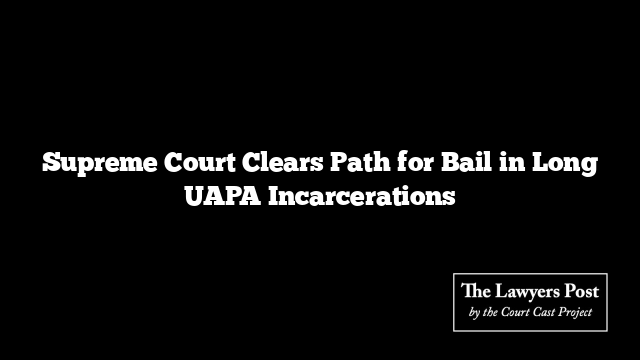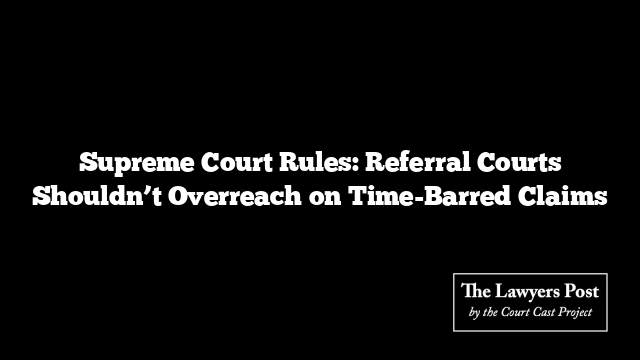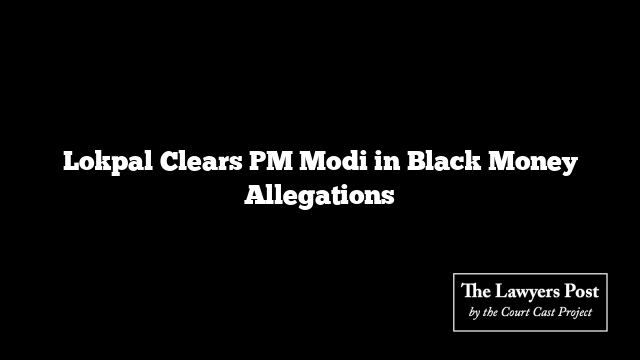In a significant ruling, the Supreme Court granted bail to a man accused under the Unlawful Activities (Prevention) Act, 1967 (UAPA), establishing that the decision in the NIA v. Zahoor Ahmad Shah Watali case should not serve as a blanket precedent to deny bail in cases of prolonged incarceration without trial conclusion.
Acknowledging the nine-year period the accused had spent in custody awaiting trial, the Supreme Court referenced the K.A. Najeeb case, emphasizing that extended undertrial detention coupled with a sluggish trial pace justifies bail. A bench comprising Justice JB Pardiwala and Justice Ujjal Bhuyan overturned the Allahabad High Court’s earlier decision to deny bail.
The court clarified that the Watali case’s context-specific circumstances—where the High Court had overstepped by virtually conducting a mini trial—should not be misinterpreted as a general rule against granting bail under UAPA. Instead, the Supreme Court endorsed the view from the K.A. Najeeb case, which argued that constitutional rights should not be overridden by statutory bail restrictions under UAPA.
Reiterating this stance, the Supreme Court underscored that while the seriousness of charges must be considered, the prospect of indefinite pretrial detention and the slim likelihood of a prompt trial justify granting bail. This decision aligns with the Union of India v. K.A. Najeeb ruling, which distinguished the Watali judgment, highlighting the inappropriate mini-trial approach taken in that case.





